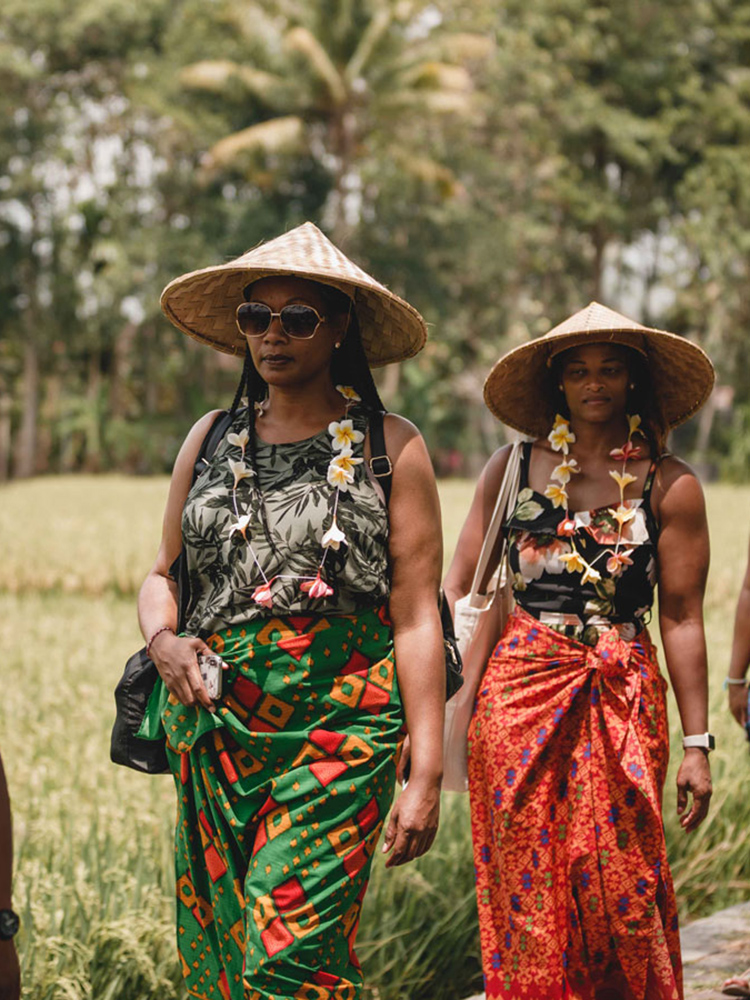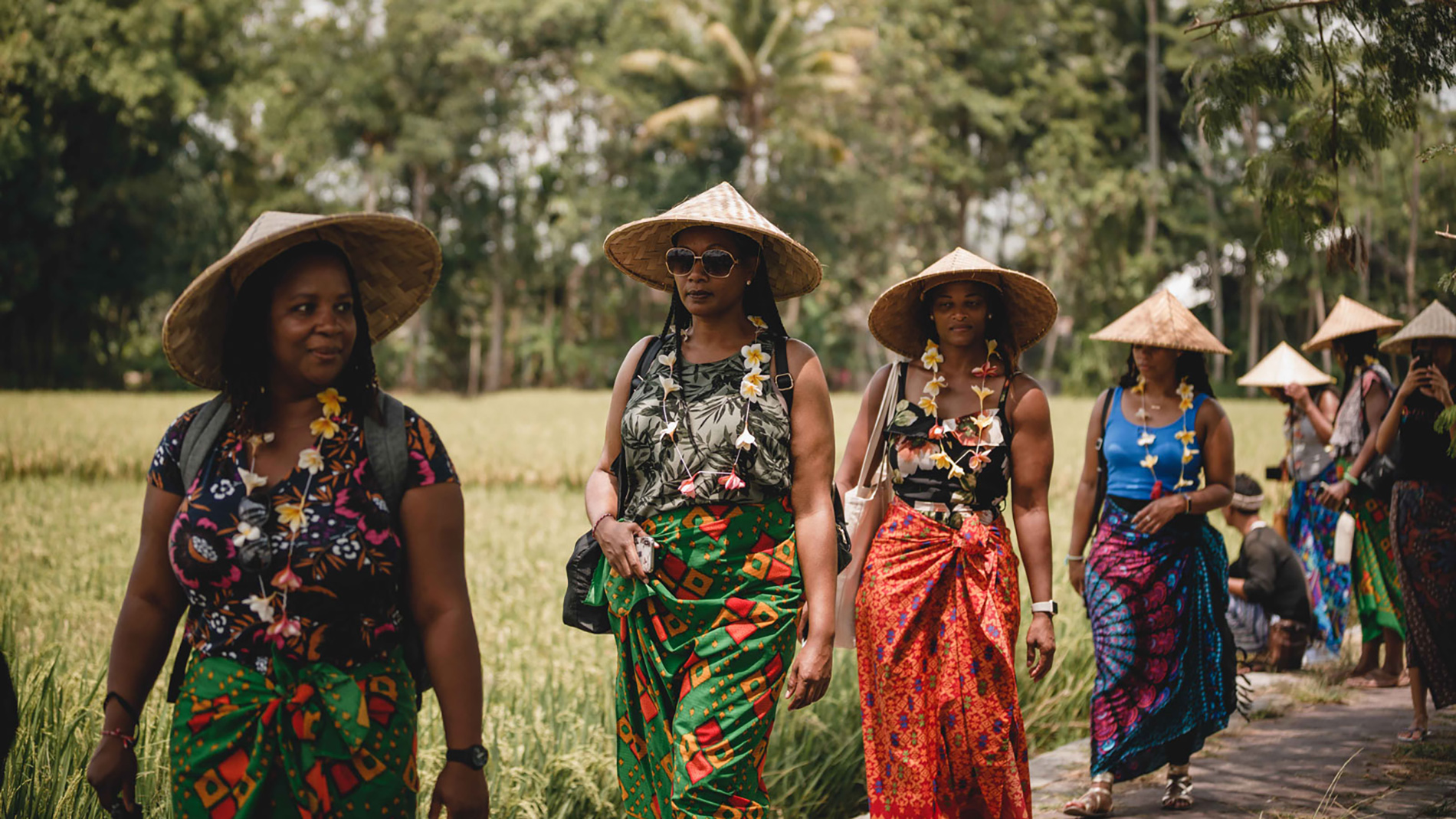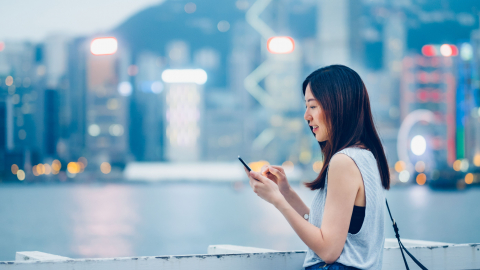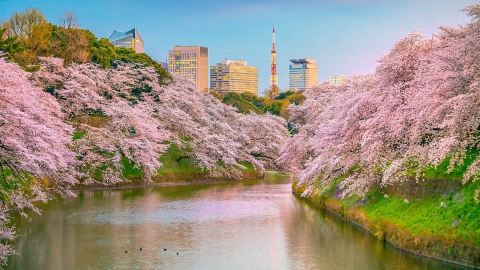Living in a century of technological boom, people in many countries, especially developed nations, are accustomed to convenient and fast travel: planning trips on social media, receiving flight updates via text messages, booking tickets through apps, or even using facial recognition (face ID) to pass through security. Technology has made our travels easier than ever, but this isn't always true for disadvantaged minority communities.
People of color and LGBTQ+ individuals are frequently cancelled when using travel services, at a much higher rate than white and heterosexual people. Statistics in the US show that Black travelers are more likely to be denied Airbnb bookings than white travelers. Studies also show that face ID technology frequently misidentifies the faces of Black travelers; and scanners at airport security checkpoints mistakenly identify transgender people as a security threat.
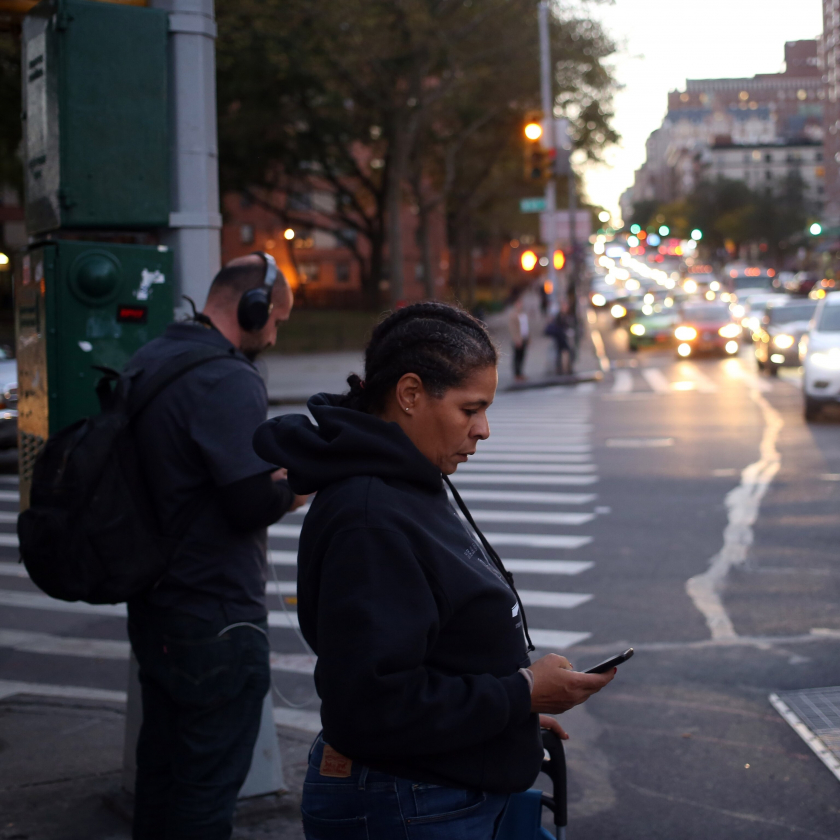
Photo: Mohammed Elshamy, Anadolu Agency/Getty Images
Many large travel companies are looking for ways to address this situation. For example, Airbnb has banned more than 1 million user accounts for policy violations.Non-discriminationSimultaneously, initiatives are being launched to analyze data to identify and predict racist behaviors. Several other international travel and tourism organizations are also working towards developing tools and policies to prevent inequality.
However, it seems that minority communities are no longer willing to passively wait. Many are using technology to create tools that help protect tourists from discrimination in travel.
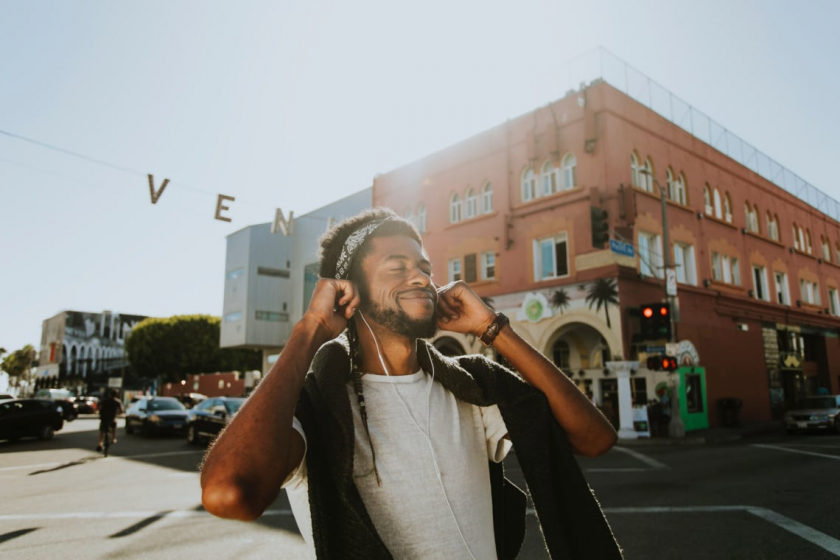
Stefan Grant, a Jamaican-born rapper living in South Florida, personally experienced racism when police showed up at the door of his Airbnb rental while traveling in Atlanta in 2015, after a neighbor reported that Grant and his friends were robbers attacking the house. Grant later shared this story on social media, and it went viral, with many others sharing similar experiences of being discriminated against simply for being Black.
Recognizing the challenges faced by minority communities in the tourism industry, Stefan Grant founded Noirbnb, a vacation rental platform targeting travelers of color and those who respect them. Grant says the platform aims to educate, support, and provide economic benefits to create an inclusive community for travelers.Noirbnb"You'll know that the person who leases this space respects my humanity and dignity," he said.
Other programs, such as projectsGreen Book GlobalEatOkra provides city tours from the perspective of a Black traveler. EatOkra connects users with over 11,000 Black-owned restaurants across the United States, andBlappandSupportBlackOwned.comProviding information on demand, from yoga studios to retail stores recommended by the Black community.
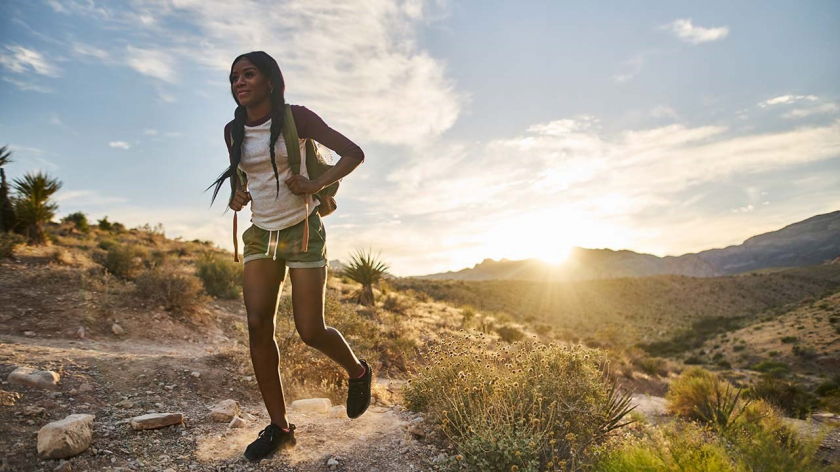
Another example, the applicationGreen Book ProjectDeveloped by software engineer Christian Lowe, this tool allows travelers to determine the safety and friendliness of a destination based on their individual needs. For example, a vegetarian or sexually diverse person could search for reviews of any given restaurant and consider the attitude of the restaurant staff toward their community.
"Just because I—a heterosexual Black man—find this place friendly doesn't mean it's friendly to my Black sister who is part of the LGBTQ+ community," Lowe said.
Major tech companies are also looking to improve search capabilities on their tools, although results are still lacking. Google Maps, OpenTable, and Yelp allow users to filter out locations owned by people in the LGBTQ+ community. On Yelp, travelers can even search for gender-neutral public restrooms. While the keyword "women-led businesses" can be filtered on Google, phrases including "LGBTQ+," "transgender safe," and "locations owned by Latinos/veterans" are not. According to Google representatives, the company is working to make these features accessible to travelers as soon as possible.
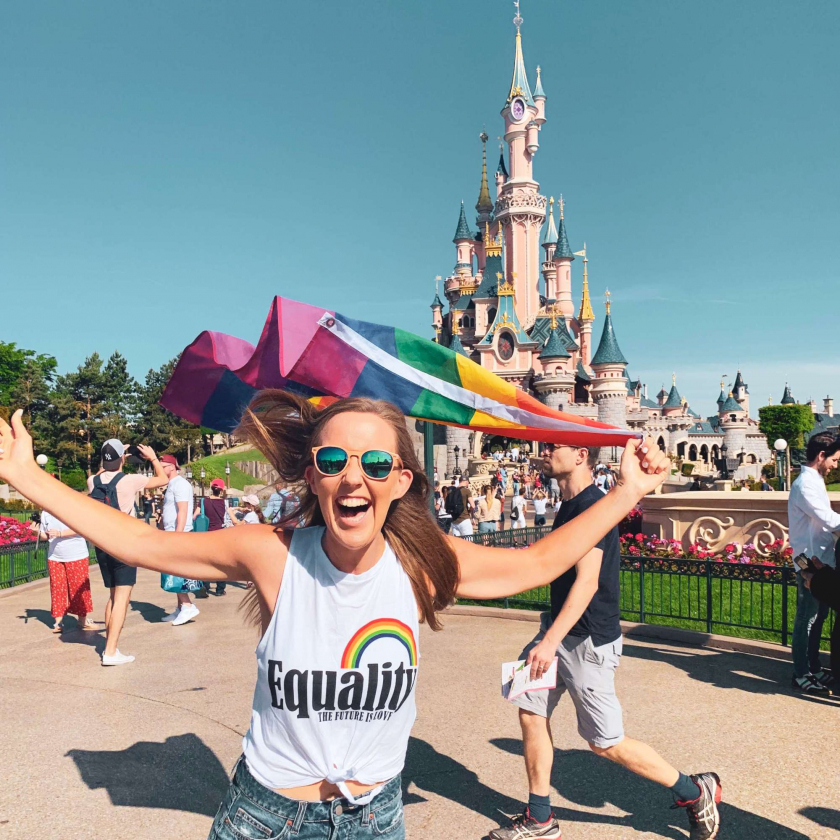
Furthermore, beyond the burgeoning digital tools and technological applications, tourists can now search for specific hashtags on Instagram, such as #BlackInParis or #QueerSaigon, to locate places, people, and events related to those hashtags.
"Gay people face similar challenges when traveling as people of color," - Robert Geller, founder of the platform.FabStayz(a rental app for LGBTQ+ people), said.
Geller also shared that FabStayz and other platforms, such as Misterb&b andEbabThese measures all help to bring a sense of security to tourists, so they no longer have to struggle to find safe places. "The questions are answered, the worries are gone. Traveling will be like visiting a friend's house," he said.
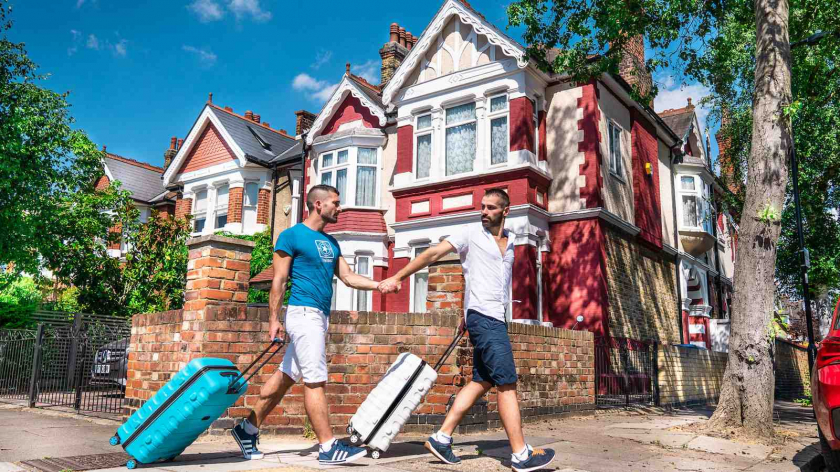
Spartacus International Gay Guide, an international travel app for gay men, stores and updates thousands of LGBTQ+-friendly destinations around the world. TripIt, a travel logistics app, and GeoSure, a travel safety search app, also rank nearby areas based on their safety for the LGBTQ+ community.
Many other technological tools and applications also contribute to making travel safer for communities with diverse sexual orientations and gender identities. For example,Equaldex- a digital technology company that compiles information about the legal rights of non-binary people, orTrans Legal Mapping Report- A website that details laws related to gender transition in more than 140 member states of the United Nations.
Other digital platforms include:Man About World LGBTQ+ Travel GuideThere are both a website and a mobile app that offer tips and advice from transgender travelers, expand opportunities to join transgender travel groups on Facebook, and many other features.
Kayley Whalen, owner of a travel blogTrans Worldview, shared: "No matter which app or digital platform you use, I recommend that you still connect with your community in the place you want to go. There are many organizations such asAsia Pacific Transgender Network(with branches in 15 Asia Pacific countries) can provide a realistic view of how transgender people are treated, while also facilitating connections with the local community."
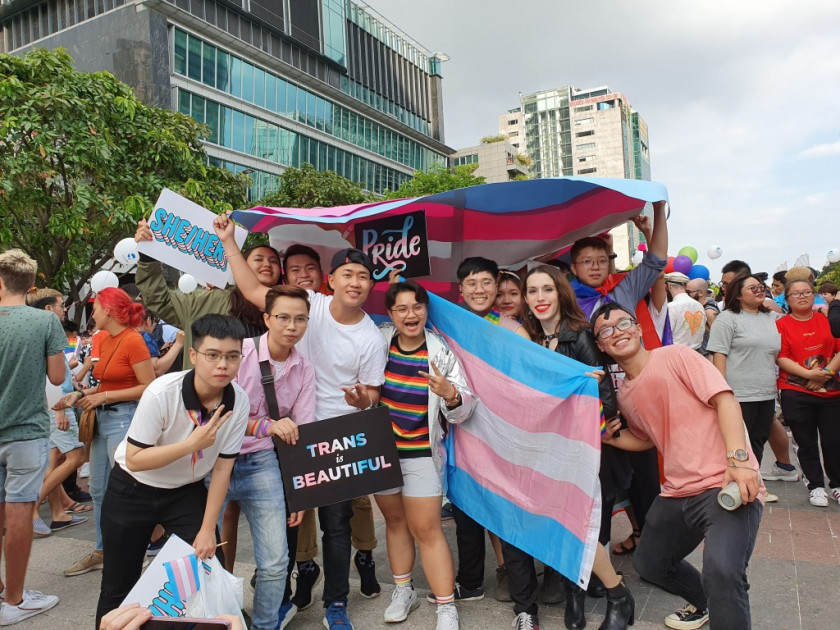
Kayley Whalen (second from the right) at the VietPride 2019 event with the FTM Vietnam community - Photo: Kayley Whalen's Blog
Kayley Whalen also shared that when she came to Vietnam as a tourist, she contacted...FTM Vietnam(a non-profit organization that researches and develops the needs of the transgender male community in particular, and transgender people in general) andICS Center(human rights organizations) in Vietnam, and she immediately found a companion through these organizations.
"A transgender woman picked me up at the airport on her motorbike, took me out for dinner, and drove me to the Airbnb I had booked earlier, just to make sure that as a transgender person, I could feel safe and welcome in this country," Kayley wrote on her blog.
She also shared her perspective, suggesting that similar technological applications can create inclusive and respectful spaces. Tourists from all over the world can feel connected and not left out or abandoned.
"I think that traveling is also a way for transgender people to affirm themselves. When I travel, I realize that each country has a different concept of gender," she said.

 VI
VI EN
EN



